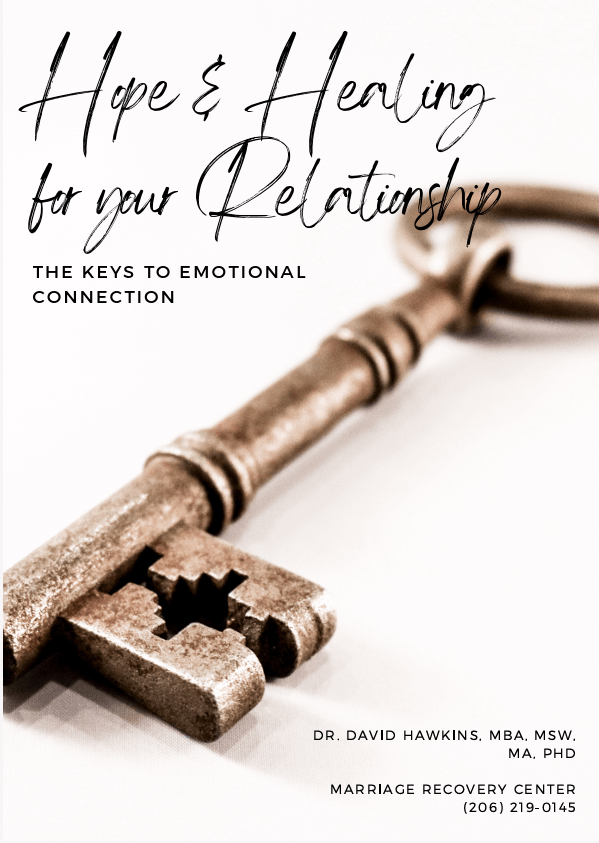Narcissism is often misunderstood as simple arrogance or an inflated sense of self-importance. But beneath the surface lies a much more complex psychological landscape—a chaotic inner world masked by charm, control, and superiority. Understanding what truly goes on inside the mind of a narcissist can shed light on why they behave the way they do—and why close relationships with them can be so painfully confusing.
Let’s take a deep dive into this stormy terrain.
A Mask of Confidence, a Core of Insecurity
On the outside, narcissists can appear calm, confident, and even charming. They may present themselves as leaders, experts, or charismatic individuals who always seem to have it together. But this projection is often a façade—a mask they wear to conceal deep insecurity.
At their core, narcissists struggle with an overwhelming sense of inadequacy. They cannot risk exposing these vulnerabilities, so they build a persona that seems invulnerable. They act superior, not because they feel superior, but because they fear being seen as “less than.” And to them, being average feels like annihilation.
The Drive to Be the Best
One of the most prominent thoughts that echoes in the mind of a narcissist is: “I have to be the best.” Mediocrity is intolerable. Being average is equated with being invisible or worthless. This internal narrative fuels a relentless drive for dominance. They must be the top dog—the most admired, the most capable, the most successful.
If you’re paying attention, this can be easy to spot. Why the obsession with being in control? Why the need to always win, always be right, always shine brighter than everyone else? It’s because deep down, their identity feels threatened by anything less.
Praise Isn’t Just Nice—It’s Necessary
For most people, receiving praise is enjoyable. But for narcissists, it’s essential for survival. Admiration isn’t just flattering—it’s the oxygen they breathe. Without it, they feel hollow, anxious, and sometimes even enraged.
They may seek out compliments constantly, twist conversations to spotlight their achievements, or react poorly when someone else gets attention. This need isn’t driven by simple vanity; it’s a desperate attempt to patch the holes in their self-worth.
People as Tools or Threats
Another key feature of narcissistic thinking is the way they view other people. In their minds, others tend to fall into one of two categories:
-
Tools: People who can help them get what they want—status, admiration, power, control.
-
Threats: People who stand in the way of these goals.
This binary view leads to highly manipulative behavior. If you’re useful, they may flatter or charm you. If you challenge them or set boundaries, they may belittle, ignore, or even retaliate. Their relationships are often transactional, and empathy is limited.
This mindset also makes it difficult for narcissists to tolerate frustration. When things don’t go their way, when someone resists being used as a tool, they don’t just feel disappointment—they feel threatened. Their response is often intense: anger, blame-shifting, or emotional withdrawal.
“I’m Not Wrong”—The Inability to Admit Fault
One of the most frustrating aspects of dealing with a narcissist is their inability to admit when they’re wrong. Why is it so hard for them?
Admitting a mistake feels like exposure. It pokes at the core shame they work so hard to hide. To protect themselves, they deflect, deny, and rewrite history. They might say things didn’t happen the way you remember. They may accuse you of overreacting or being too sensitive.
This tactic is known as gaslighting, and it’s not just manipulation for the sake of power—it’s a desperate attempt to maintain a coherent sense of self that doesn’t include being flawed or vulnerable.
Control as a Defense Against Chaos
Narcissists often appear controlling. They want to control people, conversations, environments, and even narratives. This isn’t just about dominance—it’s a survival strategy.
Inside, the narcissist feels a sense of chaos, a deep anxiety that things could fall apart at any moment. Maintaining control gives them a sense of stability. But that control often comes at the expense of those around them. Loved ones may feel suffocated, criticized, or devalued. The narcissist, meanwhile, is simply doing what they believe they must to keep everything from unraveling.
The Fear of Vulnerability
Perhaps the most tragic aspect of narcissism is the fear of vulnerability. These individuals go to great lengths to avoid being emotionally exposed. They fear it like a child might fear being left alone in the dark.
To show vulnerability would mean admitting they have fears, weaknesses, or needs—and that’s a terrifying prospect. Instead, they present a hardened exterior. Emotionally, they become like the Tin Man: stiff, unfeeling, and protected by armor that keeps others out.
If you’ve ever been close to a narcissist, you’ve likely felt this emotional distance. You may have longed for authentic connection, only to feel like you’re speaking to someone who has no heart. It’s not that they don’t feel—but they’ve buried those feelings under layers of protection.
Narcissism as Character Armor
When we step back and look at narcissism from a broader perspective, it becomes clear that it’s not just a collection of unpleasant traits—it’s a defense system. Often rooted in early emotional neglect, invalidation, or even trauma, narcissism develops as a way to survive emotionally painful experiences.
It’s what psychologists sometimes call character armor. This armor protects the narcissist from pain—but it also isolates them. It keeps them from experiencing the very things they most need: real love, true connection, emotional intimacy.
The narcissist doesn’t just wall others out—they wall themselves in.
Final Thoughts: What’s Inside the Mind of a Narcissist?
Understanding the inner world of a narcissist doesn’t mean we excuse abusive or toxic behavior. But it can help us respond with clarity and strength. It reminds us that behind the arrogance is often a wounded soul—someone who never learned how to feel safe being vulnerable, or how to connect without controlling.
If you’re in a relationship with a narcissist, whether romantic, familial, or professional, it’s crucial to protect your own well-being. Set firm boundaries, seek support, and remember: you cannot rescue someone from armor they aren’t ready to remove.
But you can choose to walk your own path—one that is grounded in authenticity, empathy, and emotional freedom.
To learn how we can help, reach out to us at (206) 219-0145 or info@marriagerecoverycenter.com to speak with a Client Care Specialist
Also read: Don’t Give Up on Your Marriage or Yourself
About Dr. Hawkins:
The internet is inundated with hyperbole and misinformation about narcissism, leaving many people confused and hopeless. Get the facts on narcissism and emotional abuse from someone who has been researching, writing about and treating narcissism and emotional abuse for over a decade.
Dr. Hawkins is a best-selling author and clinical psychologist with over three decades of experience helping people break unhealthy patterns and build healthier relationships.
He is the founder and director of the Marriage Recovery Center and the Emotional Abuse Institute which offers education, training and counseling for people who want to break free of, and heal from, emotional abuse. Whether the perpetrator of the abuse is your spouse, partner, parent, boss, friend or family member, we offer practical advice for anyone trapped in a toxic, destructive relationship.
In addition to narcissism & emotional abuse, you’ll learn about the lesser known forms of abuse, including covert abuse, reactive abuse, spiritual abuse, secondary abuse, relationship trauma and much more.








